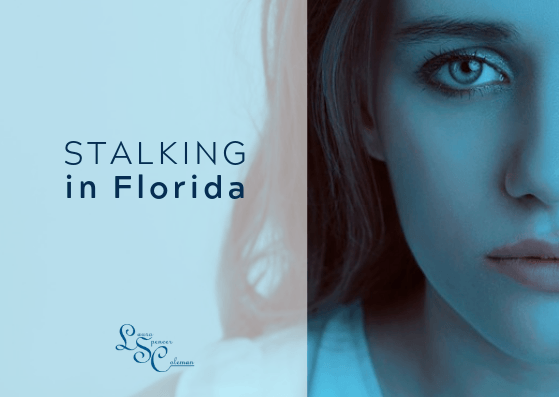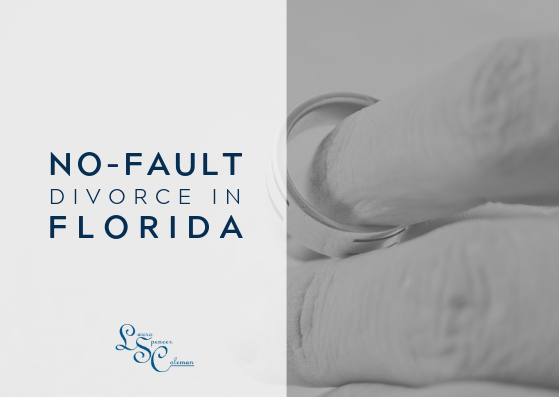It's A VERY Thin Line Between Fan And Stalker
- By Laura Spencer Coleman
- •
- 23 Jan, 2017
- •

Did you know that over 7.5 million people
are stalked each year in the United States?
An estimated fifteen percent of women and six percent of men have been victims
of stalking at some point in their lives. It’s important to become more aware
of the signs and actions that can be considered stalking by law online or in
person, so you can better protect yourself.
What is Stalking?
Stalking is general defined as a course of action that would put a reasonable person in a state of
fear. Stalking can also be committed through both verbal and nonverbal actions.
In Florida, one of the keys to behavior being defined as stalking is
repetition. The person engaging in the stalking must have followed or harassed
the victim more than once. You should talk to an attorney if you have questions
about what behavior constitutes repeated incidents.
Cyberstalking falls under the general category of stalking. Florida Statute 784.048 characterizes cyberstalking as a course of conduct involving electronic communication directed at a specific person. The conduct must cause substantial emotional distress to that person and serve no legitimate purpose. You can learn more about stalking and cyberstalking from the Stalking Resource Center.
Cyberstalking falls under the general category of stalking. Florida Statute 784.048 characterizes cyberstalking as a course of conduct involving electronic communication directed at a specific person. The conduct must cause substantial emotional distress to that person and serve no legitimate purpose. You can learn more about stalking and cyberstalking from the Stalking Resource Center.
Understanding Florida Law on Stalking, Cyberstalking, and Domestic Violence
Florida considers both stalking and cyberstalking to be forms of
domestic violence. The state defines domestic violence as any assault, aggravated assault, battery, aggravated battery, sexual
assault, sexual battery, stalking, aggravated stalking, kidnapping, false
imprisonment, or any criminal offense resulting in physical injury or death of
one family or household member by another family or household member. You can
file for a restraining order if an individual has contacted you many times
within a short period, even if they have not threatened you with violence.
If you are a victim of stalking or cyberstalking, a judge can enter a domestic violence injunction in your favor. A judge can also enter such an injunction in your favor if you have reasonable cause to believe you are in imminent danger of becoming a victim.
Filing for a restraining order is an important step. Your petitionshould explain the relationship between you and the other person. It should also show the history of the other person\'s contact with you and the threats they have made against you. The key to filing a successful petition is clarity.
If you or someone you know is a victim of stalking, cyberstalking or domestic violence and would like advice on what you can do to stop your stalker, contact Attorney Laura Spencer Coleman today. She handles cases throughout the Northwest Florida region. Call (850) 626-8520 to schedule a consultation to discuss your case.
If you are a victim of stalking or cyberstalking, a judge can enter a domestic violence injunction in your favor. A judge can also enter such an injunction in your favor if you have reasonable cause to believe you are in imminent danger of becoming a victim.
Filing for a restraining order is an important step. Your petitionshould explain the relationship between you and the other person. It should also show the history of the other person\'s contact with you and the threats they have made against you. The key to filing a successful petition is clarity.
If you or someone you know is a victim of stalking, cyberstalking or domestic violence and would like advice on what you can do to stop your stalker, contact Attorney Laura Spencer Coleman today. She handles cases throughout the Northwest Florida region. Call (850) 626-8520 to schedule a consultation to discuss your case.













